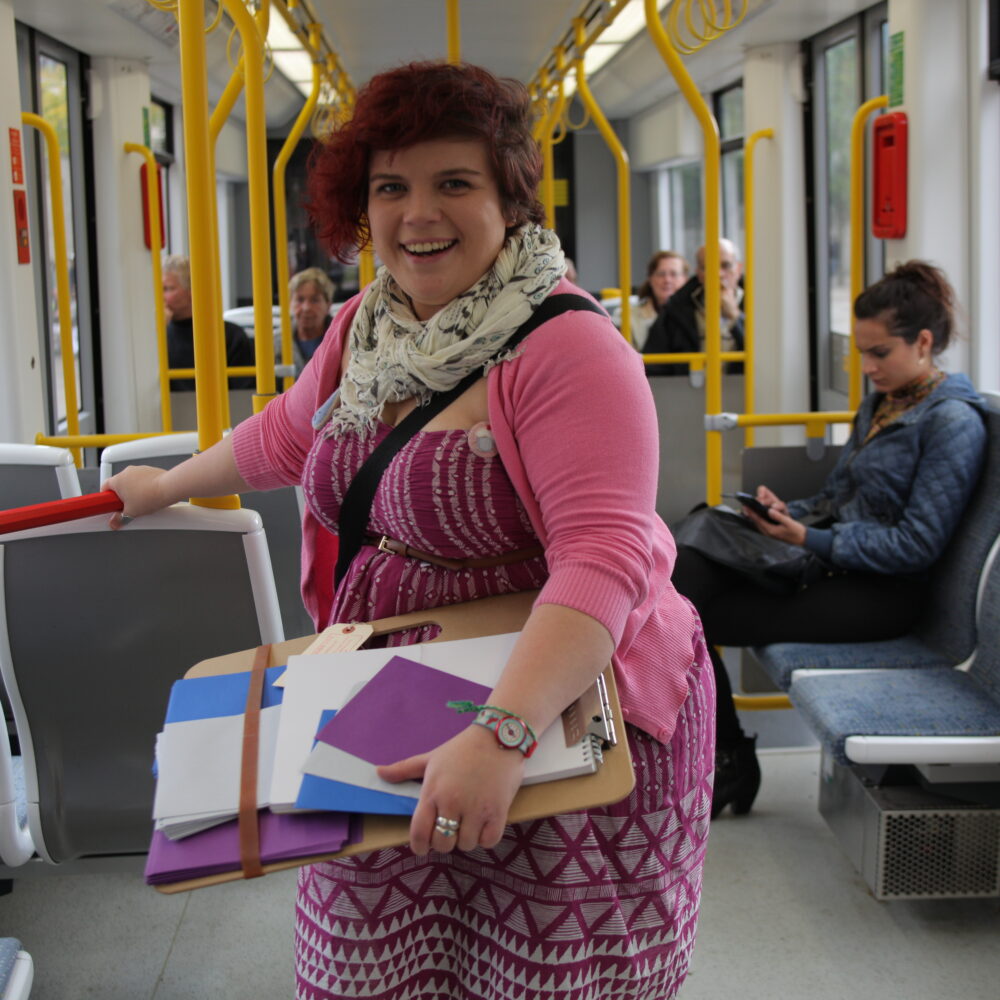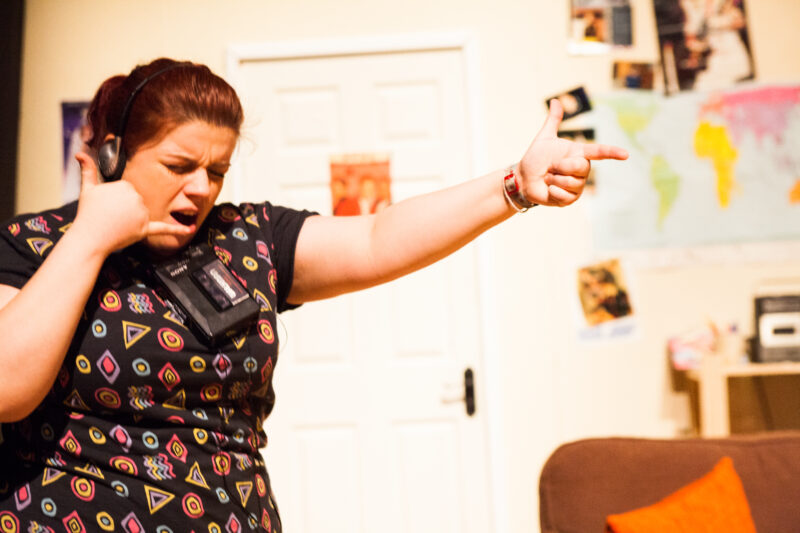



I was always the first one through the drama classroom door, and the first to be sent out. I was excited, constantly interrupting and asking questions. Drama gave me freedom to explore, offered new challenges and gave me an opportunity to exert my excess energy in a constructive way. I’ve always needed instructions to be precise, activities broken down and timed, and be able to see the bigger picture or purpose to do the task in hand. If I don’t have these things, it can be a struggle to get my mind on task. I can’t ‘just do it’ if I don’t understand why, which can create problems.
At one parents evening my drama teacher called me ‘the bain of his life’ and said that I made him want to give up teaching. Except I wasn’t trying to make his job harder, I loved drama! My questions weren’t to be cocky, I was excited by the opportunity to be creative but needed further explanation to understand the task, but he couldn’t see that. Back then, I didn’t realise how differently my brain worked and it’s taken me a long time to find ways to adjust, cope and at times, even have to compensate for it.
In rehearsals, directors have felt frustrated with me as it appears I’m not listening or focussing, when actually I’m doing something that I know will help me keep focus. A common one, is that when we’re doing notes I’ll fiddle with something to distract the hyper-impulsive part of my brain and stare at the floor. I use the floor to visualise my notes, like making a film, or animation of the changes in my mind, which helps me remember. So, in actuality, while others might find listening to notes easy, I’m working really hard to stay with everyone and listen.
Looking back now, there have been so many daily signifiers that point to ADHD, from not being able to stay on one task, but hyper-focus on something else and get into a tunnel vision like state. Even writing this blog I went off on various tangents, (there was a whole irrelevant lengthy aside about a bus and a cake). For me, getting from A to B can take ten times longer because my brain has hundreds of thoughts whirring around it that are constantly trying to distract me. That can be a great thing when you’re generating performance material, but not so good when you’re on a tight deadline. On some days I can keep everything contained, but on others it can feel like you’re falling apart.


In my late 20s, the bad days started to outweigh the good and my symptoms had started to impact my work and mental wellbeing. Throughout my life, people have mentioned that I might have ADHD but I’d never explored it. On the day I took myself to the Doctors I felt really emotional, it felt like a huge decision. He agreed that my symptoms pointed to ADHD but explained that gaining a diagnosis as an adult can be a complex journey, and unless you are an extreme case, it isn’t something that they would push for. It felt like a huge decision and once you have that label, it’s for life, and it’s hard enough to get work and funding without a possible extra barrier. I had gone to the Doctors for a solution and left with even more questions. I felt really vulnerable.
Drama and theatre have given me something nothing else can; a craft, a focus, a never ending learning process, a world to slip into away from my own chaos, and a platform to understand the world through my own, and other people’s eyes. It wasn’t a quick decision to explore my story in a performance, but it felt like a natural decision. I wanted to be able to explore my journey to an ADHD diagnosis in a way that could generate understanding and would be useful for others, which I hope Declaration will do.